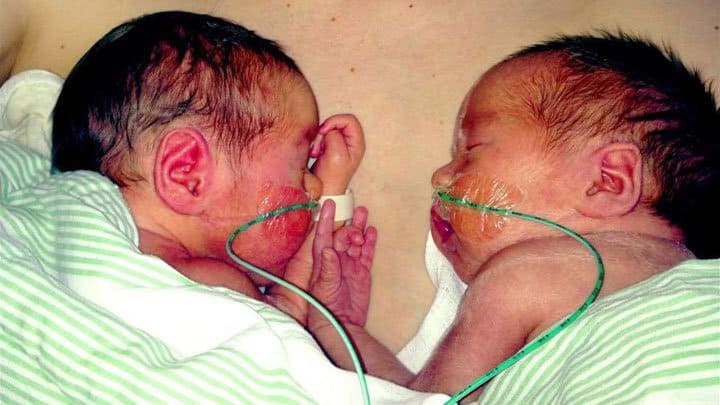Lighter Born Twins More at Risk of ADHD
Researchers from London and The Netherlands are looking into lower birth weight in twins and the risk of developing deficit/hyperactivity disorder (ADHD) symptoms. ADHD is defined by symptoms of inattention, hyperactivity and impulsivity. 3,499 monozygotic twins and 6,698 dizygotic twins were included in the study. Monozygotic twins are identical twins, and dizygotic twins are fraternal. Participants were drawn from the Twins Early Development Study (TEDS), a large study of twins born in England and Wales between 1994 and 1996.
Birth weight significantly predicts ADHD symptoms
The twins, their parents and teachers rated them nine times from they were 2 to 16 years old. It was tested whether the lighter-born twins had elevated ADHD symptoms compared to the heavier-born twins. The results were published in the Journal of Child Psychology and Psychiatry in 2018. They showed that birth weight significantly predicted ADHD symptoms from early childhood to late adolescence.
Differences were larger at age 8 than 16
The lighter-born twin had more ADHD symptoms than the heavier-born co-twin. Differences between heavier and lighter-born twins were larger at age 8 years than 16, consistent with a lessening effect of birth weight over time. The magnitude of the effect of birth weight decreased significantly across time for hyperactivity/impulsivity, but the decrease failed to reach significance for inattention. At age 16 years, lighter-born twins tended to have higher total ADHD and inattention symptoms.














